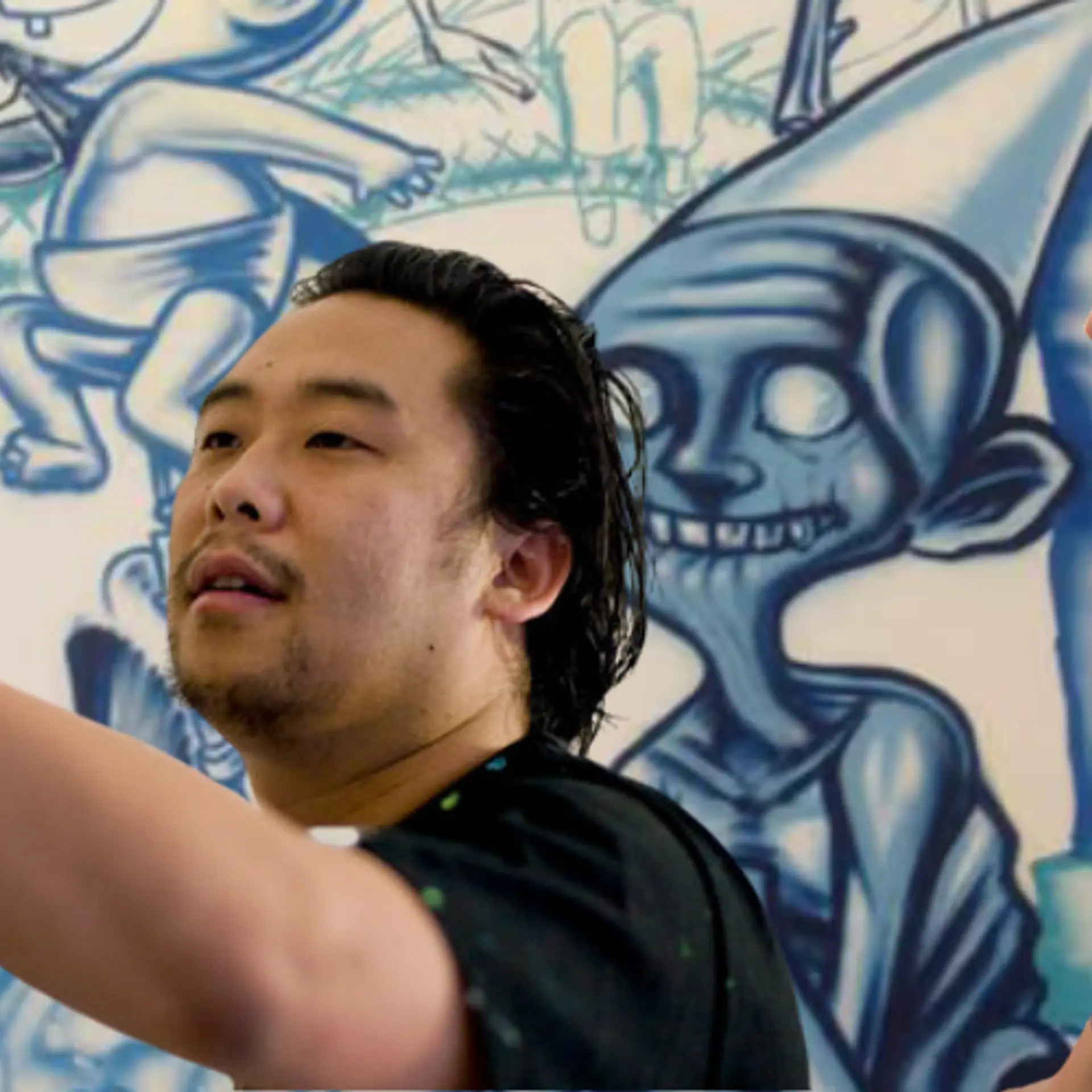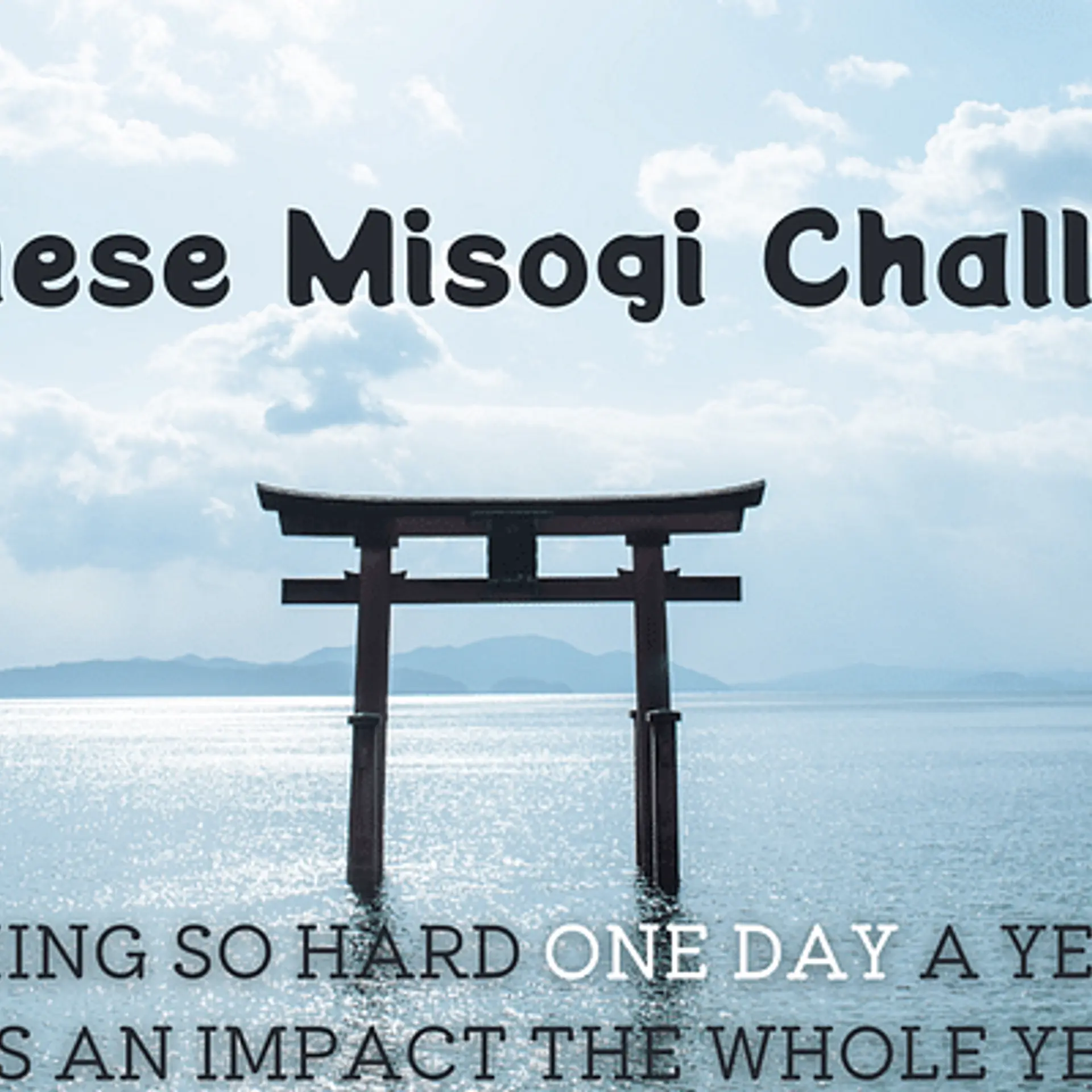From India’s first male model with autism to creating art from discarded bottles, the top social stories this week
Want a dose of feel-good inspiration? Take a look SocialStory's top articles this week.
This week we featured some very inspiring stories, including the one of India’s first male model with autism, Pranav Bakshi, who defied all odds to become an achiever. An organic shop in Hyderabad is completely run by two specially-abled young adults who are assisted by children facing learning challenges. Read on to see more such stories full of optimism, hope, and yes, innovation.
Meet Pranav Bakshi, India’s first model with autism
According to WHO, one in every 160 children worldwide is affected by Autism Spectrum Disorder (ASD). It is a neurological condition where most children have a hard time speaking in public or become extreme introverts or extroverts. Despite such conditions, some individuals embrace their weakness to make it their strengths, and Pranav Bakshi is one among them.
Hailing from Delhi, 19-year-old Pranav is India’s first male model with autism, and has walked the ramp for well-known fashion labels. Diagnosed with 40 percent disability, Pranav suffers from echolalia and anxiety.
Recently, Pranav was seen doing his first ramp walk at Bengaluru's UB city mall.

Pranav Bakshi (Image: Diss Dash)
Meet Swapnil Tewari, the changemaker who is bringing hope to others
From being on the verge of committing suicide at the age of 12, Swapnil Tewari is now one of the youngest specially-abled social reformers in India. Born a dyslexic and synaesthetic (a medical condition in which one of the five senses simultaneously stimulates another), this 31-year-old changemaker led a movement called ‘Lived’ in 2015 to infuse hope and help troubled communities by way of social inventions and entrepreneurship.
15594576890971559907008635.png?fm=png&auto=format)
Swapnil Tewari
Creating art from discarded plastic waste
Mangaluru-based Megha Mendon, a final year architecture student, has so far collected more than 900 plastic/glass bottles, and has converted them into decorative pieces.
Besides her love for art, Megha also organised a five-day art camp to instil the importance of cleanliness and to encourage creativity. Meant only for students, the exhibition saw a display of 200 re-crafted bottles.

Megha Mendon (Image: Coastal Digesr)
These kids with learning disabilities are promoting organic veggies, and are picking up business skills too
Located in Madhura Nagar in Hyderabad, Swachh Organic Bazaar is a small shop that sells organic vegetables. However, it is interesting to see the fact that the shop is completely run by two specially-abled young adults who are periodically assisted by children facing learning challenges.
On a usual day, the kids can be seen working with permanent employees jotting down the items and packing them. In addition, these youngsters can also be seen delivering orders to customers’ doorstep.
These kids have also learnt to bake a wide range of bakery items and other products as part of their ‘home science curriculum’.

(Image: Efforts For Good)
Innovation and startups will help uplift India’s agricultural industry
Around 44 percent of Indian workforce is engaged in agriculture and allied activities. Hence, it is not surprising that during the recent general elections, political parties committed their highest priority towards farmer welfare and agricultural productivity.

For instance, while there is an agri-startup boom in India, there is also a need for all State governments to partner with non-profits, agri-startups, and farmer cooperatives to not only use technology and smartphones to share knowledge about cropping patterns, but also to mitigate the challenges of climate change.

1559907703891.jpg?mode=crop&crop=faces&ar=2%3A1&format=auto&w=1920&q=75)







